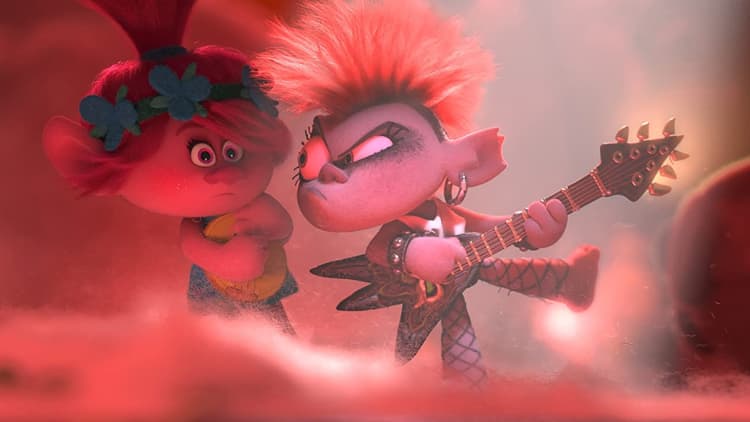Universal may have struck a deal with the largest theater chain in the U.S., but it may find itself at odds with the second-largest theater chain if it looks to deviate from the traditional movie theater release model.
"At Cineworld/Regal, we are not changing our policy with regards to showing only movies that respect the theatrical window," Mooky Greidinger, CEO of Cineworld, told CNBC.
Global exhibitor Cineworld owns the U.S.-based chain Regal Theaters, which operates 7,100 screens. For comparison, AMC currently operates around 8,000 screens.
Cinemark, the third-largest cinema chain, did not immediately respond to CNBC's request for comment.
The landmark deal between AMC and Universal, which was revealed Tuesday, stipulates that Universal and its subsidiary Focus Features must play movies in cinemas for at least three weekends, or 17 days, before seeking a premium video on-demand release. Previously, the theater chain would have the exclusive rights to films for about 90 days.
As part of the pact, AMC will share in revenue streams, although both companies declined to disclose the full terms of the financial agreement.
A deal like this could help AMC reap some sales from premium video-on demand releases, as a way to offset some of the loss of a not adhering to a traditionally longer theatrical window. However, without knowing the terms of the deal, it's unclear how much of a benefit AMC could actually see from this strategy.
For Universal it's more of a clear cut, win-win situation, if a film does well at the box office, it stays at the box office. If it underperforms at the box office, the company would now have the option to push the film to other platforms sooner to try and reach a market that didn't turn up to cinemas.
But Greidinger is skeptical. "We do not see any business sense in this model," he said.
"While we don't know the full details, we always analyze any new business decision within the industry," he said. "People need to be aware that the first big movie from Universal is not releasing for six months, so there is no pressure here; however, we clearly see this as a wrong move at the wrong time."
Earlier this year, Universal pushed the majority of its 2020 releases to 2021. However, it still has a handful of films that are due in theaters this year including "Candyman" and "The Croods 2." Universal has the global distribution rights to the latest James Bond film "No Time to Die," but not the domestic distribution rights.
AMC's theaters have been shuttered since mid-March due to the coronavirus outbreak and the company is looking to recover lost revenue. Not to mention, once the theater chain is able to reopen, its attendance levels will be limited in order to prevent future spread of Covid-19, which will weigh on sales.
Shares of AMC have fallen nearly 43% since January as it has battled to stave off bankruptcy. The company recently was able to close a debt deal to make itself solvent through 2021.



